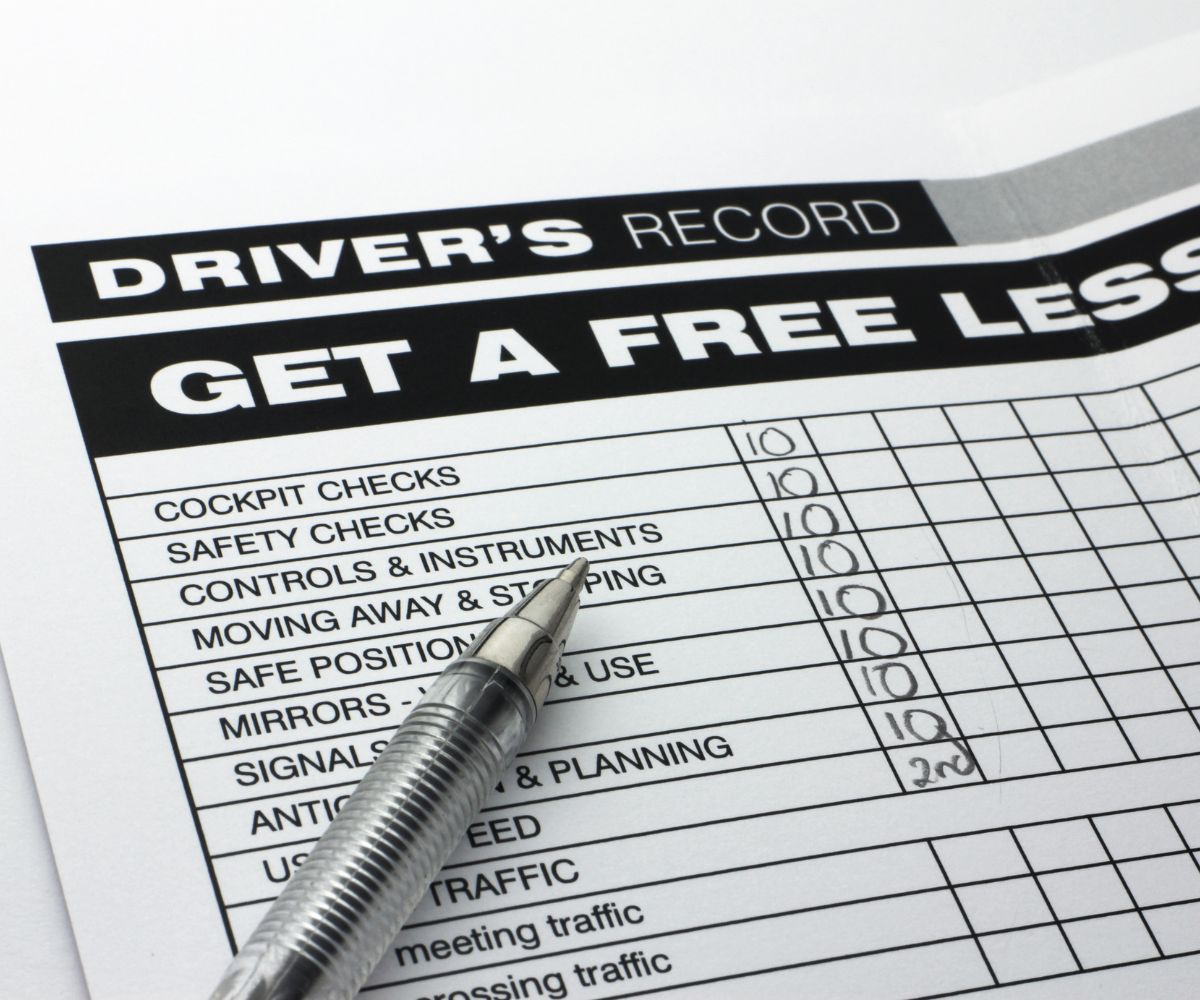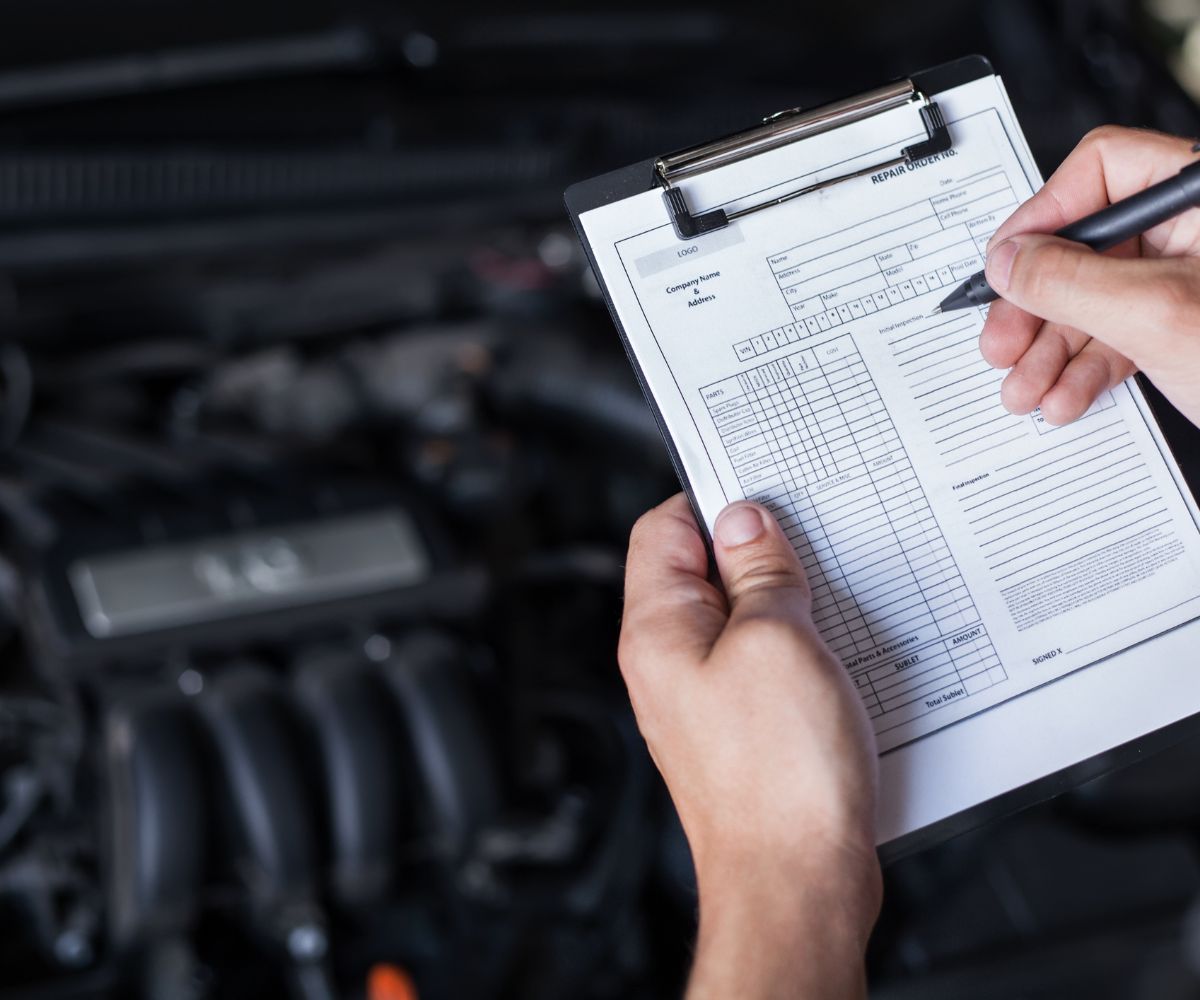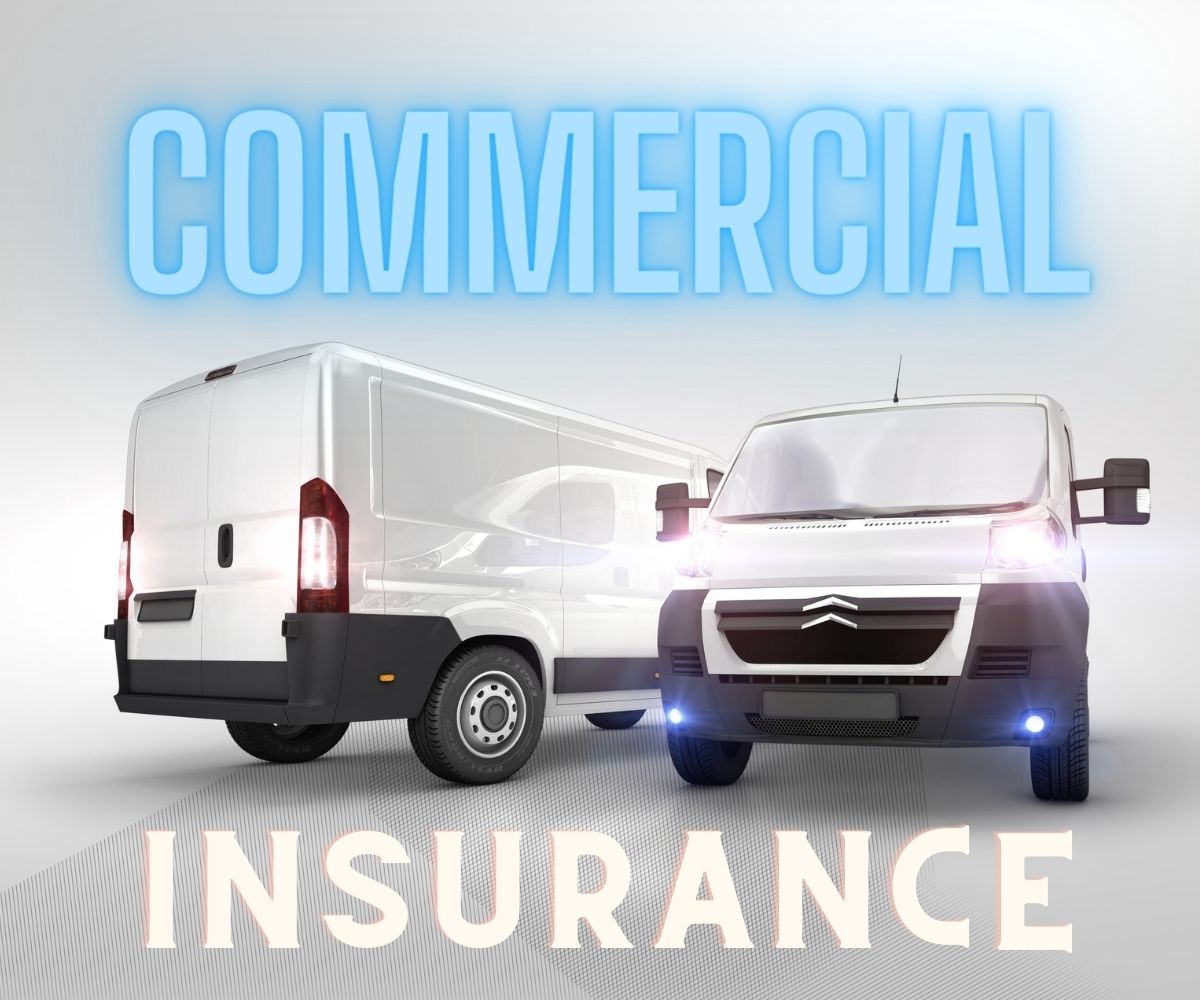Commercial auto insurance is a vital aspect of risk management for small businesses that rely on vehicles for their operations. Whether it’s a delivery service, a construction company, or a transportation business, having the right insurance coverage is crucial to protect your assets, employees, and reputation.
Allied Market Research says that this insurance policy offers tailored coverage for damages and losses associated with commercial vehicles and their owners or drivers. It provides coverage for accidents, collisions, natural disasters, fires, and other relevant situations, specifically for businesses-owned vehicles.
The global market for commercial auto insurance was valued at $128.44 billion in 2020 and is estimated to reach $307.10 billion by 2030, with a projected compound annual growth rate (CAGR) of 9.2% from 2021 to 2030.
However, simply purchasing a policy isn’t enough. To maximize the benefits of commercial auto insurance and ensure the long-term success of your business, implementing best practices is essential.
In this article, we will explore eight best practices that small businesses can adopt when managing their commercial auto insurance.
Conduct a Thorough Risk Assessment
As a business, you need to evaluate the specific risks associated with your vehicle operations, such as driver experience, driving routes, and types of vehicles used. By identifying potential risks, you can determine the appropriate coverage and policy limits to protect your business adequately.
A comprehensive risk assessment allows you to proactively mitigate risks, implement targeted safety measures, and ensure that your insurance coverage aligns with your business’s unique risk profile. This will reduce the likelihood of costly incidents and claims.
Select the Right Coverage
To ensure you have the right coverage for your business, it’s essential to assess your specific needs and risks. Consider factors like the size of your fleet, the types of vehicles you use, the nature of your operations, potential liabilities, and the local rules and regulations that apply to your area.
For instance, according to David G. Sayles Insurance Services, the New Jersey regulations state that the minimum liability coverage provided by the basic policy should include $15,000 for bodily injuries per individual and a total of $30,000 per accident.
Additionally, the policy must offer $5,000 in property damage liability coverage per accident. This legal requirement is strictly enforced, and failure to comply can result in fines and the suspension of driver’s licenses.
When it comes to commercial car insurance in NJ or any other state, it’s best to work closely with an experienced insurance agent or broker who understands your industry and the state’s insurance laws. They can help you customize a policy that adequately protects your business assets, provides liability coverage, and meets all legal requirements.
Maintain Accurate Records
Keep detailed and up-to-date records of vehicles, drivers, maintenance, and claims history. This document provides valuable information for insurance purposes, facilitating the claims process and ensuring compliance.
According to Forbes Advisor, one of the primary factors influencing your car insurance rates is your driving record. Car insurance companies review your driving history from the past three to five years (varies by state). If you have been involved in a car accident or received traffic tickets during that period, you will likely have higher car insurance premiums.
Additionally, these records serve as a historical reference, allowing you to track trends, identify areas for improvement, and make informed decisions about your commercial auto insurance coverage and overall business operations.
Implement Driver Safety Programs
Establish clear policies and procedures that promote safe driving behaviors among employees. Offer comprehensive driver training programs that cover defensive driving techniques, adherence to traffic laws, and handling emergencies.
Regularly monitor driver performance, conduct safety assessments, and provide ongoing education and feedback. Prioritizing driver safety will help businesses reduce the risk of accidents, demonstrate their commitment to responsible practices, potentially lower insurance premiums, and safeguard the well-being of their employees and the public.
Regularly Maintain and Inspect Vehicles
Establish a proactive maintenance program that includes regular servicing, repairs, and inspections to ensure vehicles are in optimal condition. This practice helps prevent mechanical failures, reduces the risk of accidents, and extends the lifespan of your fleet.
Documenting maintenance activities and keeping accurate records demonstrates your commitment to vehicle safety and can support insurance claims in case of an incident. Prioritizing regular maintenance and inspections will help businesses enhance safety, minimize downtime, and potentially qualify for insurance premium discounts.
Review and Update Your Policy Annually
Conduct an annual policy review to ensure it aligns with your current business needs and risk profile. Assess coverage limits, deductibles, and endorsements to ensure they adequately protect your assets and operations. Consider changes in your business, such as fleet size, driver additions or removals, and any new types of vehicles or operations.
Keeping your policy up to date will help you to avoid potential coverage gaps, optimize your insurance protection, and potentially save on premiums by securing the most suitable coverage at competitive rates.
Communicate With Your Insurance Provider
Regularly communicate updates and changes in your business operations, such as vehicle additions or removals, driver information, and any modifications to your risk profile. Promptly report any accidents or incidents to initiate the claims process efficiently.
Building a strong relationship with your insurance provider allows you to address concerns, seek guidance, and ensure that your coverage adequately aligns with your evolving business needs.
Review and Understand Policy Exclusions
MotorBiscuit suggests that when looking for car insurance, it is important to compare policies and carefully review the listed exclusions to ensure that you obtain the necessary coverage. Car insurance exclusions are crucial as they allow you to obtain specific coverage tailored to your needs rather than a generalized policy that may be more expensive.
Failing to do so could result in paying for an insurance policy for months, only to find out that it doesn’t cover what you require.
Conclusion
Insurance is a complex topic, and many things in it can go wrong. However, following these best practices will help you avoid some of the common pitfalls that small businesses with commercial auto insurance face.
Remember that your policy is meant to protect against losses, so make sure you understand what it covers (and doesn’t cover). Regularly check in with your provider about any changes or updates made by them. This way, you won’t be caught off guard when something unexpected happens.

